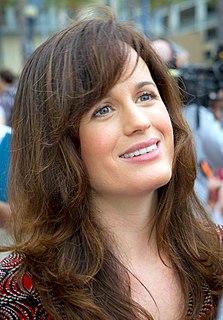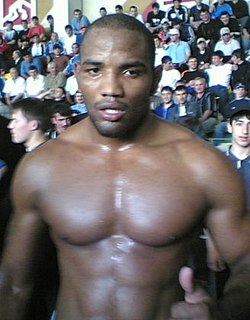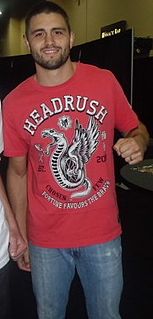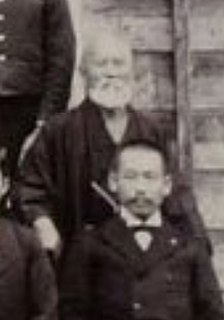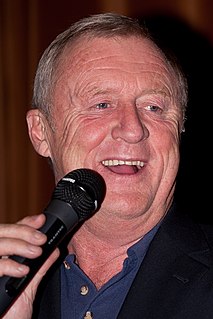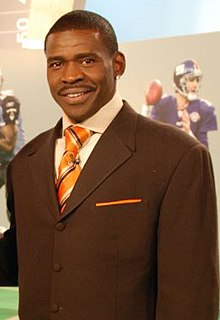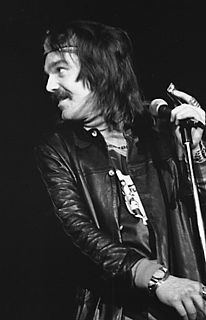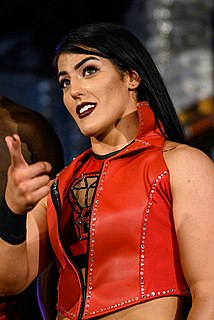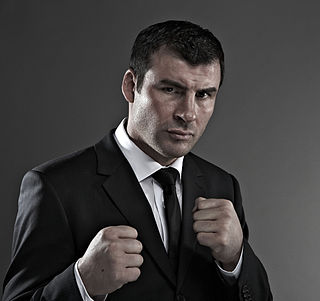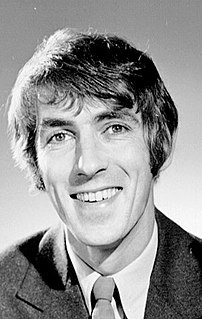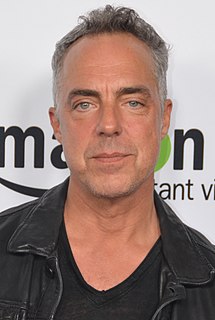A Quote by Haruki Murakami
Between the time the last train leaves and the first train arrives, the place changes: it's not the same as in daytime.
Related Quotes
When you train, you should train as if on the battlefield. Make your eyes glare, lower your shoulders and harden your body. If you train with the same intensity and spirit as though you are striking and blocking against an actual opponent, you will naturally develop the same attitude as on a battlefield
It was like the classic scene in the movies where one lover is on the train and one is on the platform and the train starts to pull away, and the lover on the platform begins to trot along and then jog and then sprint and then gives up altogether as the train speeds irrevocably off. Except in this case I was all the parts: I was the lover on the platform, I was the lover on the train. And I was also the train.
I would like to like to make one thing clear at the very outset and that is, when you speak of a train robbery, this involved no loss of train, merely what I like to call the contents of the train, which were pilfered. We haven't lost a train since 1946, I believe it was - the year of the great snows when we mislaid a small one.

